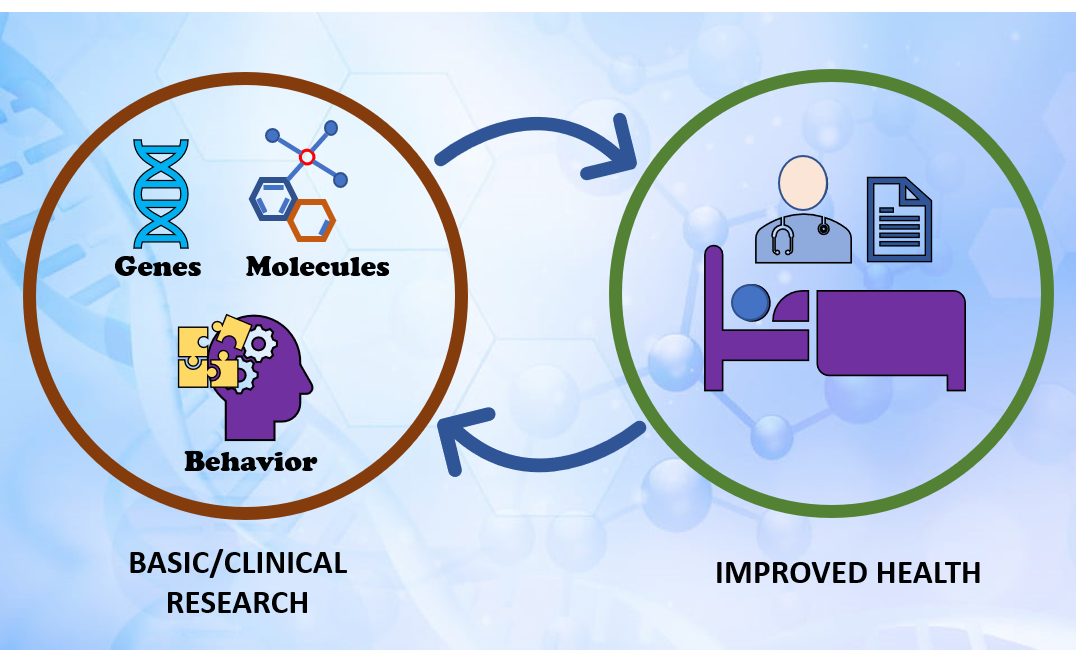The Pathophysiology of Neuropsychiatric Disorders Program

The goal of the program is to understand the cellular and molecular mechanisms underlying the pathophysiology of neuropsychiatric disorders. Using preclinical in vivo and in vitro models, and human peripheral as well as postmortem brain tissues, the mission of this program is to translate the research findings from the bench to the patient bedside. Our current focus is on mood disorders, suicide, schizophrenia and autism spectrum disorders.
The program is directed by Anilkumar Pillai, PhD. Our fields of expertise include pre-clinical animal research, clinical research, transgenic mouse models, neuropharmacology, genetics, neurodevelopment and aging. Our research studies are supported by grants or contracts from federal agencies, including the National Institute of Health and Department of Veterans Affairs, endowment funds, foundations, and industries. The program provides training and education in topics including cellular and molecular neurobiology, behavior, and cognition and neuroimaging studies to generate highly motivated basic as well as clinician scientists.
The major areas of the program include:
Inflammation and Immune mechanisms – identify abnormal immune pathways and therapeutic targets
Neuroprotection and Neuroplasticity – role of neuroprotective factors in psychiatric disorders
Contact: Director
 Anilkumar Pillai, PhD
Anilkumar Pillai, PhDLouis A. Faillace, MD, Chair in the Department of Psychiatry and Behavioral Sciences
The Louis A. Faillace, MD, Department of Psychiatry and Behavioral Sciences, McGovern Medical School